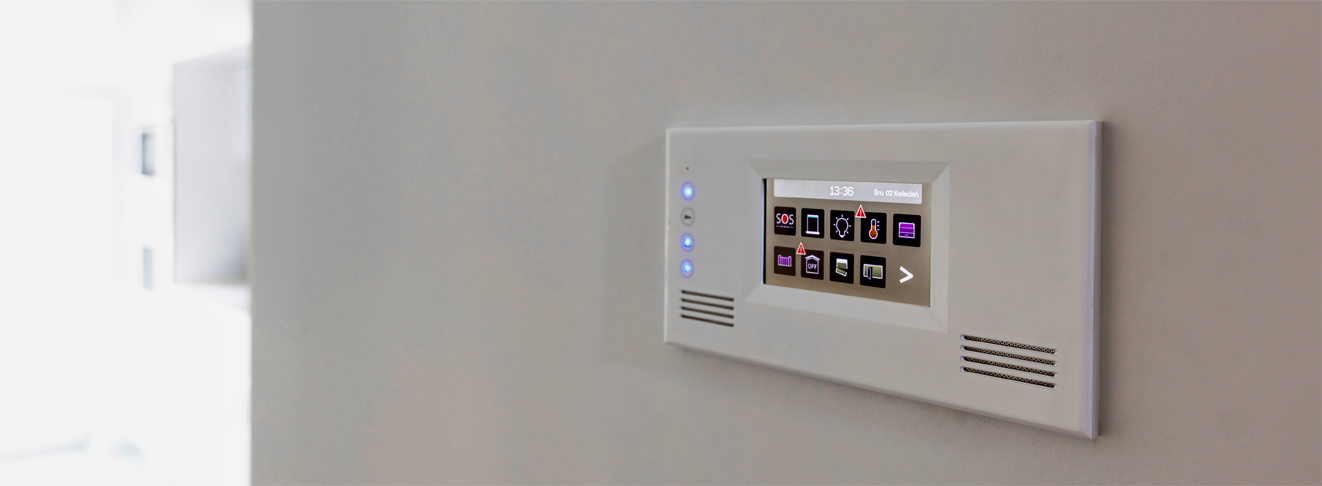With the increasing awareness of environmental protection and fluctuations in energy prices, more and more hotels are paying attention to energy conservation, emission reduction, and economic benefits when designing and renovating hot water projects. As an efficient and environmentally friendly heating technology, air energy heat pumps have gradually emerged in hotel hot water engineering in recent years. However, is air energy heat pump the best choice for hotel hot water engineering?
Air energy heat pump is a device that heats water by absorbing heat from the air, and its working principle is similar to a reverse running air conditioning system. The main components of an air energy heat pump include an evaporator, compressor, condenser, and expansion valve.
Heat absorption: The evaporator absorbs heat from the air, causing the low-temperature refrigerant to evaporate into gas.
Heat increase: The compressor compresses low-temperature gas into high-temperature and high-pressure gas.
Heat release: High temperature and high pressure gas enters the condenser, transferring heat to the water supply while cooling itself into a liquid.

Recycling: Liquid refrigerant is depressurized and cooled through an expansion valve, and then re enters the evaporator to begin a new round of heat absorption.
Through this cycle process, air energy heat pumps can efficiently convert low-grade heat energy in the air into high-grade heat energy for heating domestic hot water or heating.
The advantages of air energy heat pumps
Efficient and energy-saving: The energy efficiency ratio (COP) of air energy heat pumps is usually between 3.0 and 4.0, which means that for every 1 part of electricity consumed, 3 to 4 parts of thermal energy can be generated. Compared to traditional electric water heaters and gas boilers, air energy heat pumps have improved energy efficiency, significantly reducing energy consumption and operating costs.
Environmental protection and emission reduction: Air energy heat pumps heat up by absorbing heat from the air and do not directly burn fossil fuels. Therefore, they do not produce harmful gases such as carbon dioxide and nitrogen oxides during operation, reducing greenhouse gas emissions and air pollution.
Safe and reliable: The air energy heat pump has no open flames or exhaust emissions during operation, avoiding the risks of gas leakage and carbon monoxide poisoning. In addition, the system design of air energy heat pumps is relatively simple, with low maintenance costs, long operating life, and high reliability.
Multi functional application: Air energy heat pumps can not only be used to provide domestic hot water, but also for heating and cooling, with the advantage of multifunctional integration. For hotels, a single device can meet various needs, saving equipment investment and installation space.
The Application Prospects of Air Energy Heat Pump in Hotel Hot Water Engineering
Energy saving benefits: For hotels with high energy consumption, the high-efficiency and energy-saving characteristics of air energy heat pumps can reduce operating costs and improve economic benefits. Especially in regions with warm climates in the south, the application effect of air energy heat pumps is even better.
Compliance with environmental policies: With the increasingly strict requirements for energy conservation, emission reduction, and environmental protection, the hotel industry also needs to actively respond to and implement relevant policies. As an environmentally friendly hot water equipment, air energy heat pumps meet the requirements of energy conservation and environmental protection policies, which helps to enhance the hotel's green image and sense of social responsibility.
Improving service quality: The air energy heat pump system can provide stable and sufficient hot water supply, meeting the high requirements of customers for comfort and service quality. Especially during peak water usage periods, air energy heat pumps can maintain efficient operation and avoid the problem of insufficient hot water supply.
Renewable energy integration: Air energy heat pumps can be combined with other renewable energy technologies such as solar hot water systems and ground source heat pumps to further improve the overall energy efficiency and environmental benefits of the system. For example, during the day, a solar hot water system is used to provide hot water, and at night, the heat is replenished by an air energy heat pump to achieve efficient and energy-saving operation all day long.
Air energy heat pump, as an efficient, environmentally friendly, safe and reliable heating technology, has advantages in hotel hot water engineering. Despite its high initial investment, its advantages in energy efficiency, compliance with environmental policies, and improvement of service quality make it the preferred solution for hotel hot water engineering.
For hotel managers, choosing air energy heat pumps is not only a technological upgrade, but also an important measure to respond to environmental policies, improve service quality, and achieve sustainable development. In the specific implementation process, it is necessary to combine the actual needs and environmental conditions of the hotel, scientifically design and optimize the configuration, and maximize the advantages of air energy heat pumps.







Comment